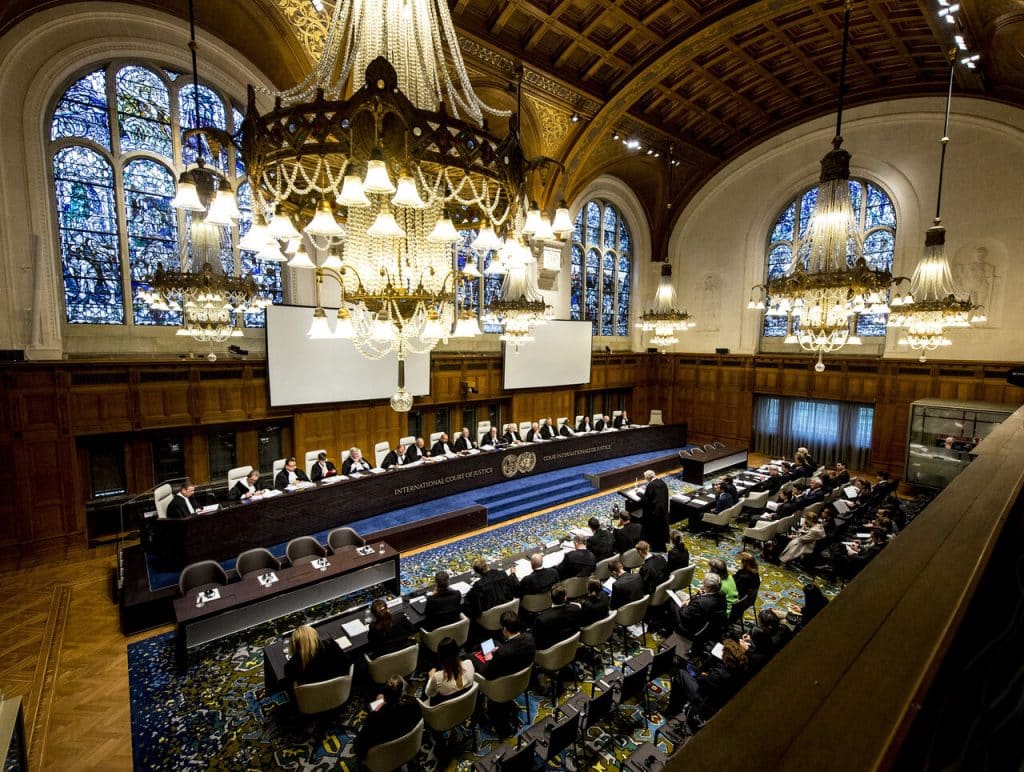What was the International Court of Justice’s ruling against Israel?
The advisory opinion, issued today, was issued in response to a request from the United Nations General Assembly and examines the obligations of the Zionist regime regarding the presence and activities of the United Nations, other international organizations, and third States in the occupied Palestinian territory. The General Assembly requested the advisory opinion last year, following the closure of the offices of the United Nations Relief and Works Agency for Palestine Refugees (UNRWA) in East Jerusalem and the expulsion of international staff.
In the opinion, officially titled “Israel’s Obligations Regarding the Presence and Activities of the United Nations, Other International Organizations and Third States in the Occupied Palestinian Territory,” the Court stated that Israel remains the occupying power in the Gaza Strip and is obliged, under the Fourth Geneva Convention (1949), to allow the free passage of humanitarian and relief assistance to the civilian population of Palestine.
Israel Responsible for Violating Humanitarian Obligations in Gaza
The Court has emphasized that the blockade and the prevention of the entry of vital aid are a gross violation of Israel’s obligations under international humanitarian law and that no security argument can be a legitimate basis for preventing the delivery of aid to civilians.
The ruling states: “The occupying power cannot stop or restrict humanitarian activities by invoking security concerns. Any decision to divert or distribute aid must be exceptional, temporary, and within the strict framework of the Geneva Conventions.”
According to the documents presented, Israel completely prevented the entry of aid into Gaza from March 1 to May 18. On August 26, 1404, it created a mechanism called the “Gaza Humanitarian Foundation” and entrusted the relief process to a private entity affiliated with it. The Court considered this action to be contrary to the principles of impartiality and independence of humanitarian operations. It emphasized that “replacing UNRWA is not possible without a transition plan or coordination with the United Nations.”

